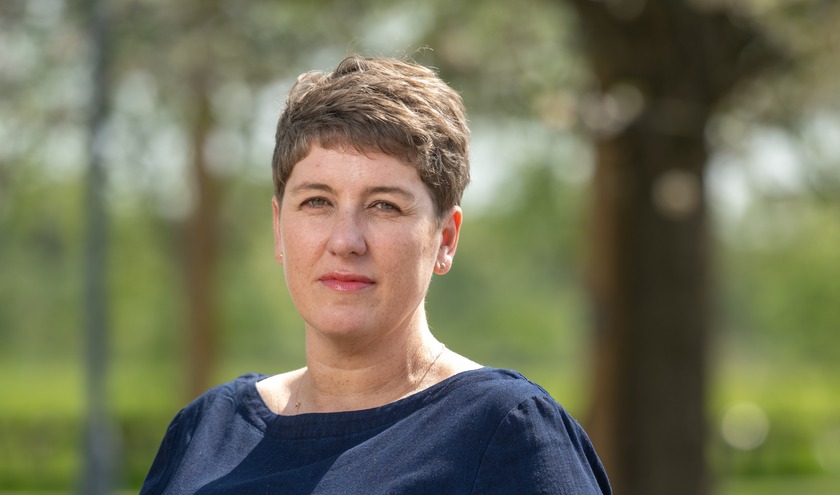Further cost factors cited by the Association of Directors of Adult Social Services (ADASS) were the transfer of support from health to local government care without associated funding, pressures on local government finances and workforce challenges.
Jess McGregor, ADASS president and executive director adults and health at Camden Council, said: ‘The underfunding of adult social care is forcing councils to make impossible choices – trying to balance financial sustainability with doing the right thing for those who rely on us.'
Directors across England reported a 30% increase in the number of 18–24-year-olds whose care package costs more than £7,000 per week.
The social care directors estimated the largest overspend of the post-Covid era at £623m in 2025/26.
Meanwhile, a third of directors (34%) said they had very little or no influence over ICS structures with half saying they did not have an agreement in place with heath partners on funding, training or competency frameworks for staff.
Ahead of the Autumn Budget called for:
- investment in preparation for adulthood, including aligned statutory guidance across DHSC, DfE and MHCLG, and a national set of standards developed with young people and families
- stabilisation funding for care markets and support for workforce retention as the Government phases out international recruitment
- full funding for the Fair Pay Agreement implementation and other cost pressures arising from the Employment Rights Bill so that funding pay increases doesn't fall to councils who are already under strain.
Cllr Dr Wendy Taylor, chair of the Local Government Association's Health and Wellbeing Committee, said: ‘The rise in the number requests for high-cost care for younger working age people is a message to us all, that social care is about everyone and effects all of us, directly or indirectly.
‘We desperately need the sector to be put on a sustainable financial footing to ensure that people do not suffer and everyone who draws on care and support can access what they need.'
A Department of Health and Social Care spokesperson said: ‘We inherited a social care system in crisis and have taken immediate action to improve this, making a £4bn funding boost available to adult social care and investing an extra £172m to deliver around 15,000 home adaptations to support more disabled people, including those with complex needs.
‘We have also launched the first ever Fair Pay Agreement for care workers – backed by £500m – and delivered the biggest uplift to the Carer's Allowance threshold since the 1970s.
‘In addition, the Casey Commission will build consensus for a National Care Service - this includes engagement with people with lived experience, putting their voices at the heart of this national conversation.'



